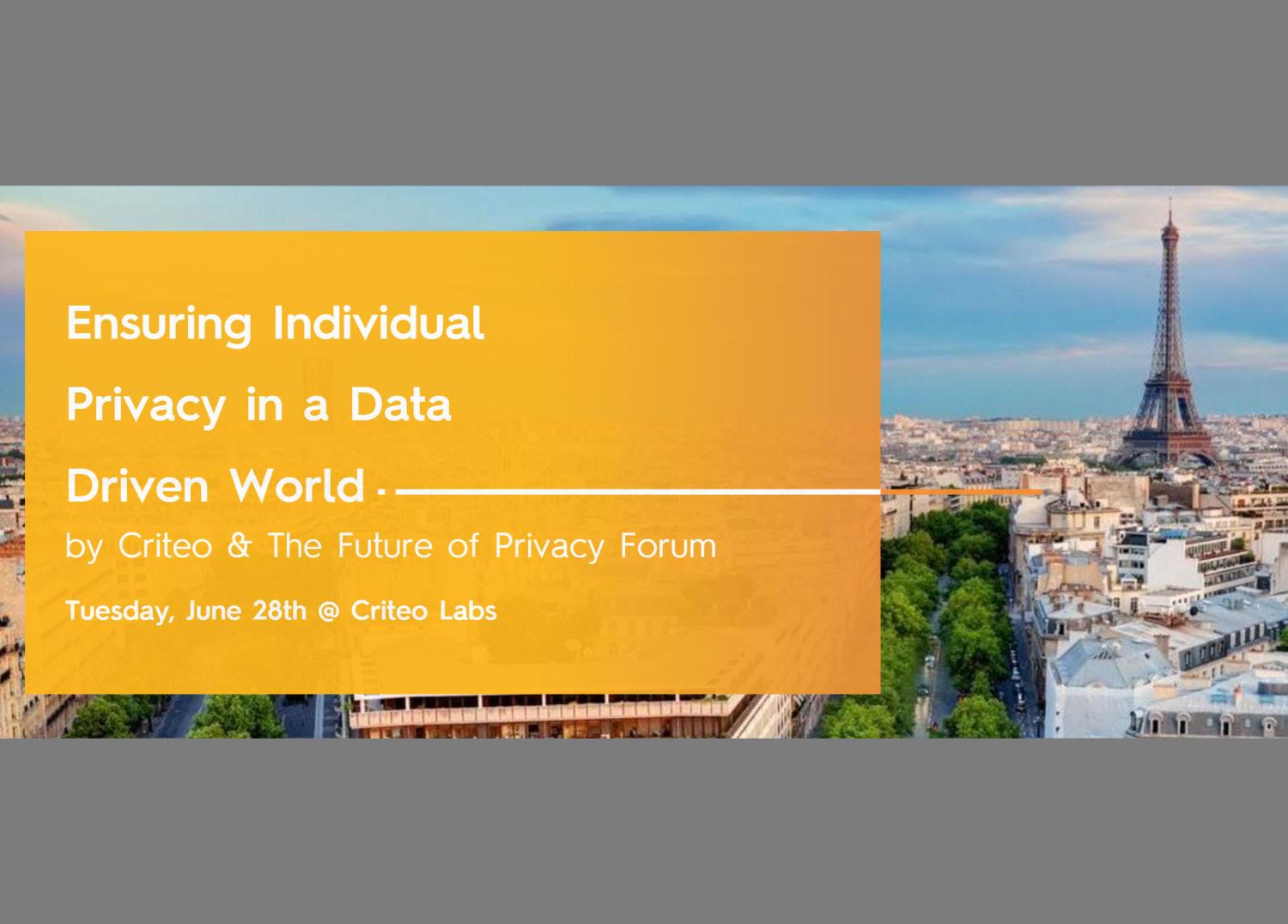
June 28th Event: Ensuring Individual Privacy in a Data Driven World
Criteo and The Future of Privacy Forum are pleased to invite you to an exceptional conference gathering a very high-level selection of regulators, lawyers, advertisers, publishers and politics to discuss about individual privacy in a data driven world.
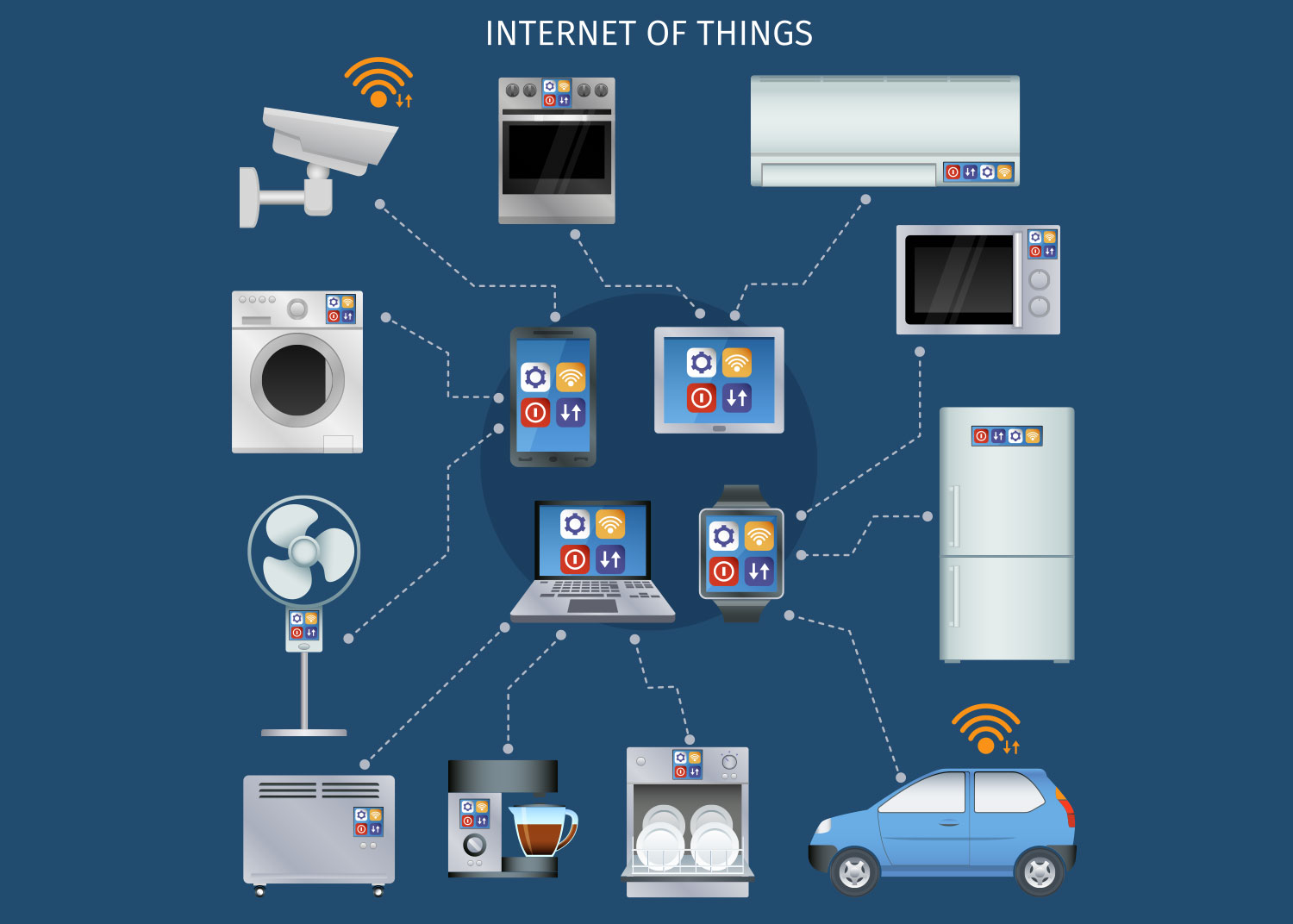
The Benefits, Challenges, and Potential Roles for the Government in Fostering the Advancement of the Internet of Things
Yesterday, the Future of Privacy Forum filed comments with the National Telecommunications and Information Administration (NTIA) in response to NTIA’s inquiry into the Internet of Things (IoT). NTIA asked policy experts and other stakeholders to identify key issues affecting deployment the IoT – a broad category of devices, appliances, and objects that can be connected via the Internet.
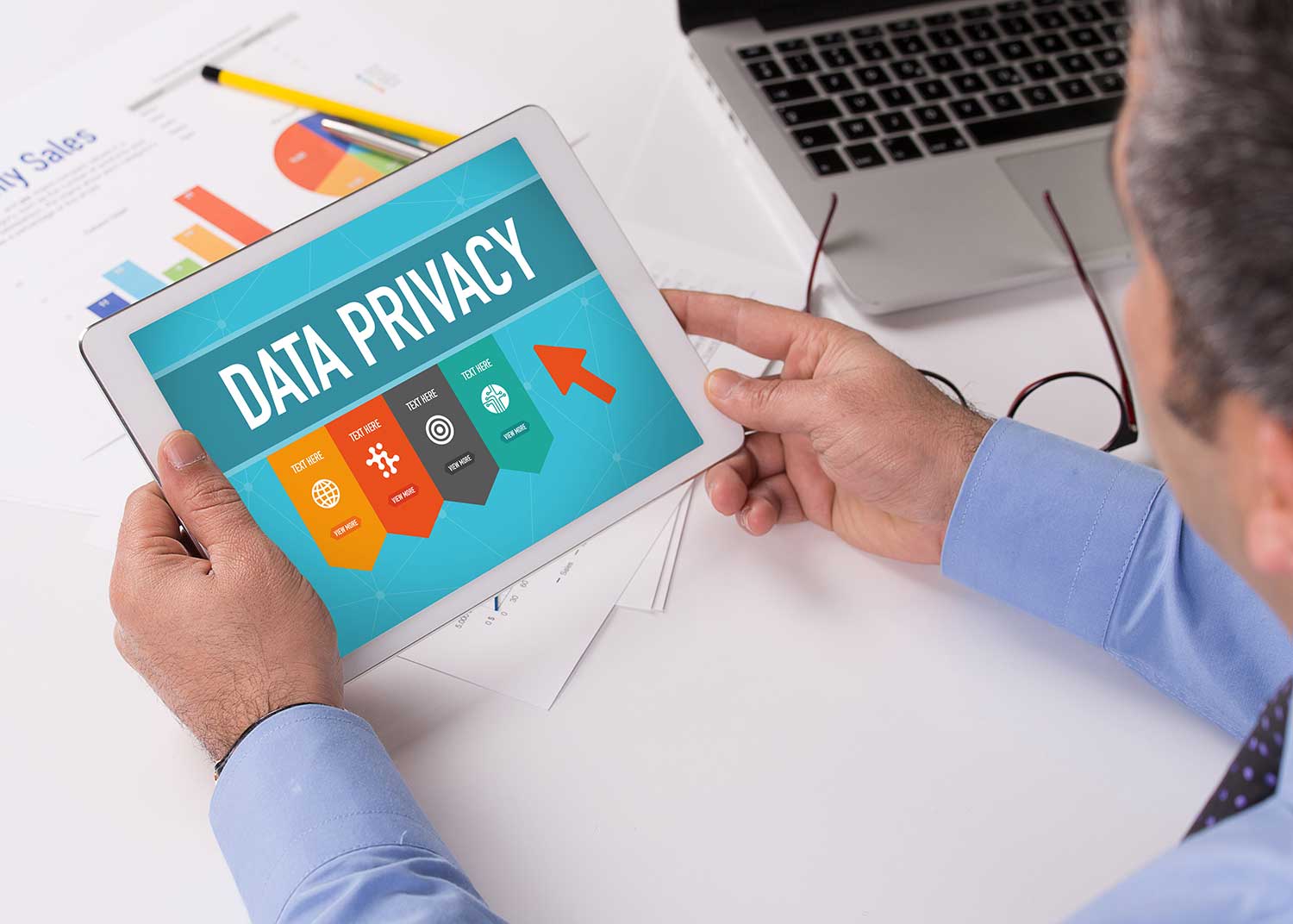
Enhancing Usability for Online Privacy Controls
Today, Google announced new features that provide users with additional customized options and controls over personal data, as well as easy-to-follow instructions and notifications that explain users’ choices in simple terms. The new features make privacy controls quicker to find and easier to understand and operate.
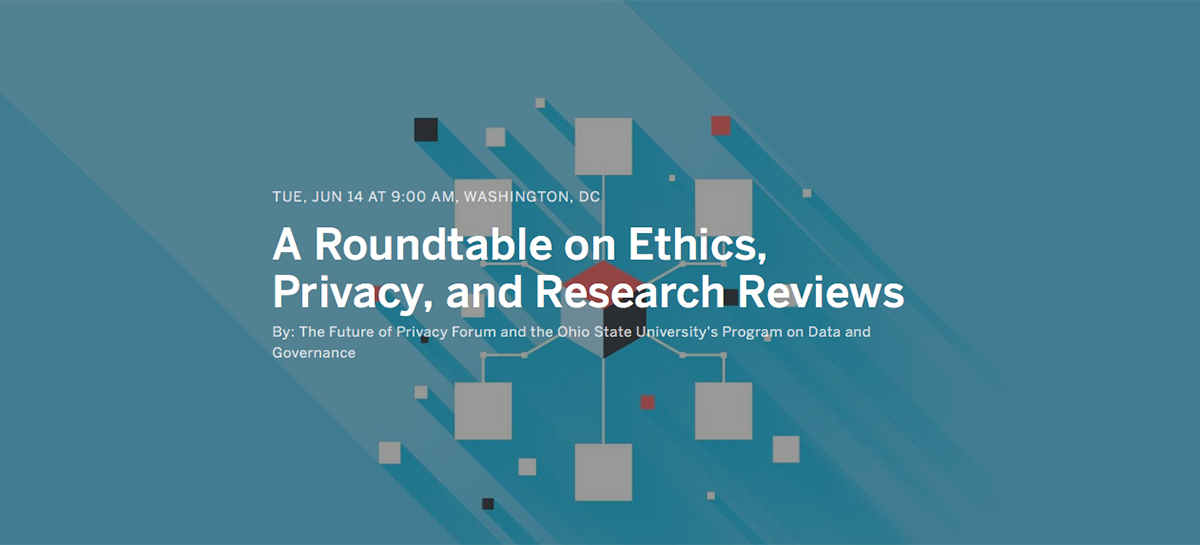
June 14th Event: A Roundtable on Ethics, Privacy, and Research Reviews
Please join the Future of Privacy Forum (FPF) and the Ohio State University’s Program on Data and Governance in Washington, DC, on Tuesday, June 14, 2016, for a discussion of ethics, privacy and practical research reviews in corporate settings.

Should Colleges Report When They Get Government Data Requests?
Last year, the University of California, Berkeley, announced that it was publishing a transparency report detailing government requests for data, similar to what tech companies including Google and Facebook have been doing for years.
Use of Limit Ad Tracking Drops as Ad Blocking Grows
Behind the scenes in the escalating war between ad-blocking consumers and advertisers and ad-supported publishers, the use of one privacy tool has decreased. Mobile marketing platform firm Tune reports that, as the number of ad-blocker downloads rises, the limit-ad-tracking feature available in iOS and Android devices has actually dropped.

Always on: Privacy Implications of Microphone-Enabled Devices
Is your smart TV listening to your conversations? Are your children’s toys spying on your family? These questions are being raised as the next generation of Internet-connected devices enters the market. Such devices, often dubbed “always on,” include televisions, cars, toys and home personal assistants, many of which now include microphones and speech-recognition capabilities.

FPF Asks Lawmakers: "Send a Message to States that Privacy is a Priority"
FPF supported Data Quality Campaign’s (DQC) recent initiative to bring an important issue about student privacy to the attention of lawmakers. Signing on with DQC and 20 other educational and privacy groups, FPF agrees that it is critical that states have the resources they need to ensure adequate privacy protection for student data.
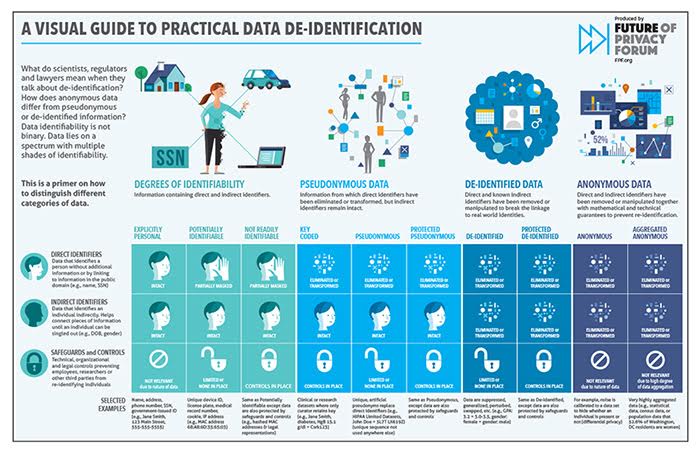
A Visual Guide to Practical Data De-Identification
For more than a decade, scholars and policymakers have debated the central notion of identifiability in privacy law.
Google Provides Open Source Platform for Beacon Security
After an initial splash, news about beacon technology has been fairly quiet recently, but last week an advancement was announced that will support easier access to privacy and security capabilities on this unique technology. Beacons are sometimes misunderstood – thought to collect or retain data on nearby people, or able to track smartphone movements without […]
